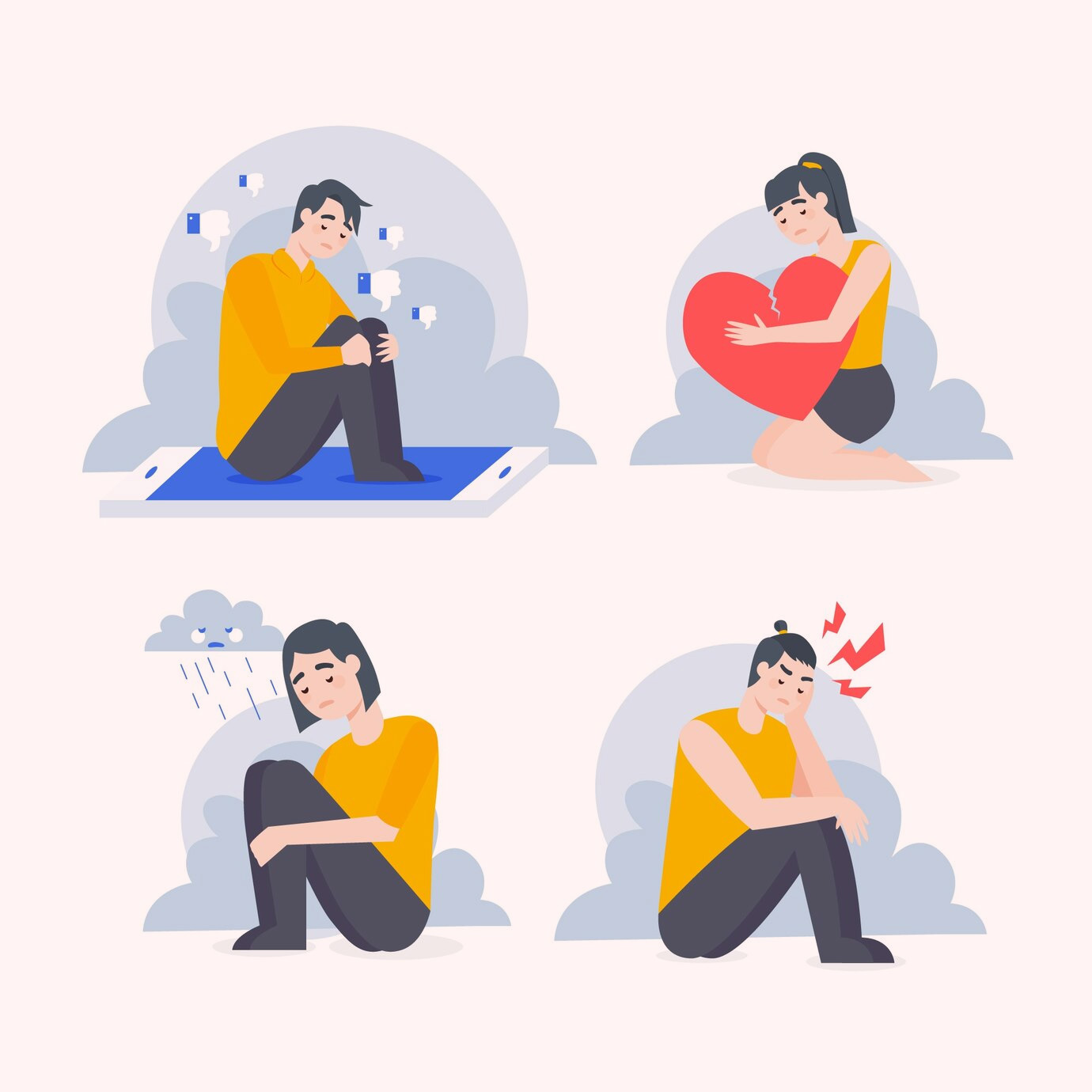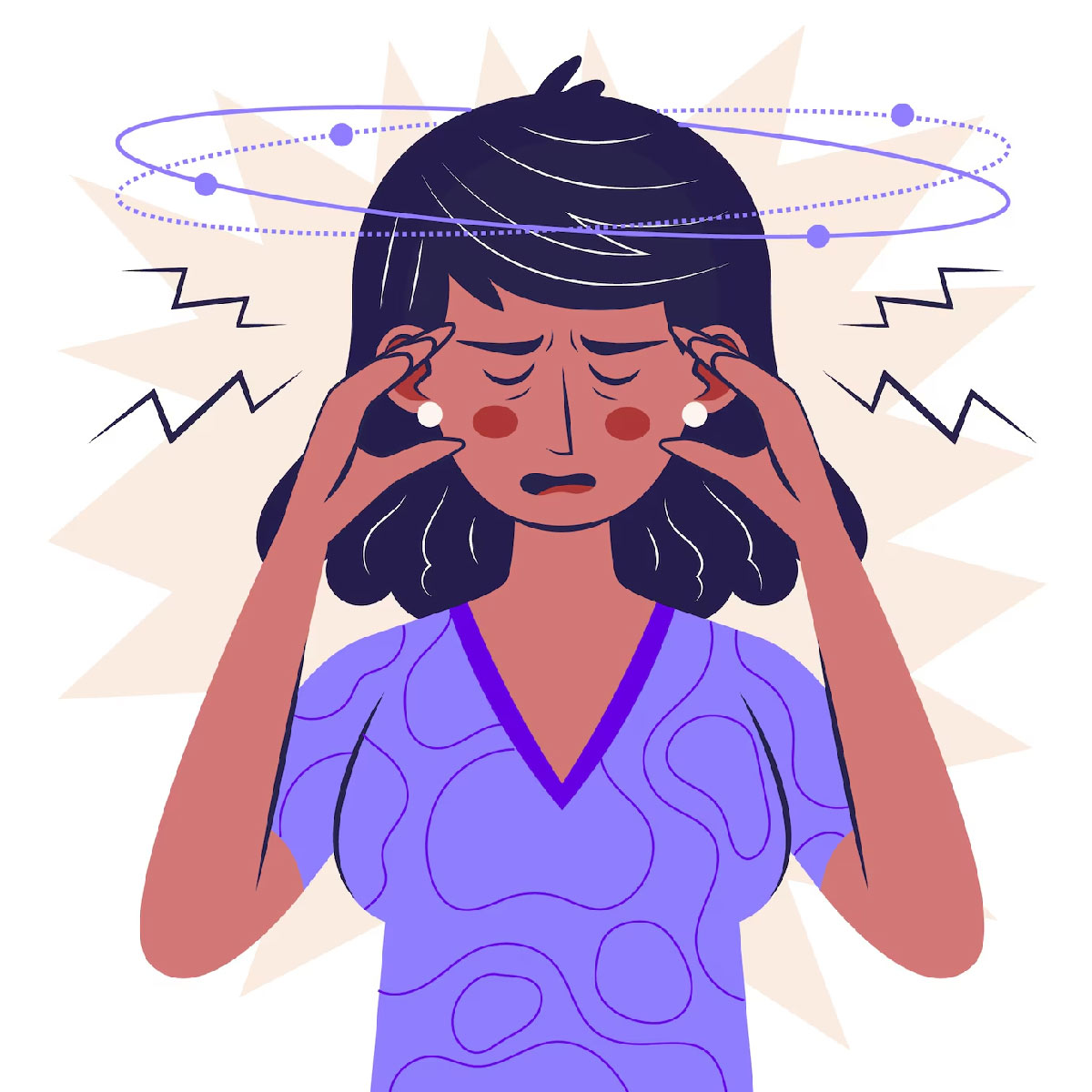
Most of us wouldn’t say we enjoy emotional pain. And yet, many people unconsciously revisit the same heartbreaks, dwell in guilt, or sabotage joy before it gets too comfortable. It’s not that we want to suffer; it’s that emotional pain becomes familiar, even addictive. Over time, we may start identifying with it so deeply that peace feels foreign, and discomfort feels like home.
This addiction isn’t always dramatic. It can appear as replaying past arguments in your head, staying in toxic relationships, or choosing silence over expressing hurt. The truth is that pain can become a pattern we cling to, not out of weakness, but out of habit, identity, or a need for survival. But with awareness and gentle effort, we can rewire our emotional defaults.
Dr Chandni Tugnait, MD (A.M) Psychotherapist, Life Alchemist, Coach & Healer, Founder & Director, Gateway of Healing shares why we may be addicted to emotional pain, and how to address it:
For some, numbness is the real fear. Emotional pain, though uncomfortable, at least confirms we are feeling something. Especially after trauma, chaos can become a strange form of comfort. The solution isn’t to fear calm, but to slowly build safety in stillness. Start small: take a moment of joy and stay with it. Let peace expand instead of escaping it.

There’s an unspoken narrative that those who suffer are wiser, deeper, or more profound. Joy can be seen as shallow or temporary. But true depth includes the ability to feel everything, not just sadness. Remind yourself that healing doesn’t erase your complexity; it deepens it. Being light-hearted is not a betrayal of your pain; it’s proof of your growth.
Don't Miss: International Self-Care Day 2025: How To Build A Daily Me Time Routine
We often choose what we know, even if it hurts, over something new that feels uncertain. It’s why people repeat old relational patterns or hold onto grudges. To break this, start recognising when you’re choosing pain out of habit. Pause and ask, “Is this familiar… or actually good for me?”
Some people carry pain because they believe it makes them better, more accountable, more moral. But guilt doesn’t equal growth. Real responsibility comes with action, not self-punishment. Practice forgiving yourself while still holding space for growth. You’re allowed to heal and be accountable.

If you’ve lived with disappointment or betrayal for years, it can start to define who you are. The idea of letting it go may feel like losing a part of yourself. But your pain is something you’ve carried; it’s not your essence. Start redefining yourself with new words: curious, resilient, hopeful. Let go of the pain story, and write a new one.
Don't Miss: Do Personality Tests Have Any Impact on Mental Health? Let's Explore
Breaking free from emotional pain doesn’t mean dismissing what you’ve been through. It means deciding that you are more than what has hurt you. Emotional pain might have shaped you, but it doesn’t need to own you. Healing is not about becoming invulnerable; it’s about learning to feel safely, fully, and freely. And that’s where real power begins.
Also watch this video
Herzindagi video
Our aim is to provide accurate, safe and expert verified information through our articles and social media handles. The remedies, advice and tips mentioned here are for general information only. Please consult your expert before trying any kind of health, beauty, life hacks or astrology related tips. For any feedback or complaint, contact us at [email protected].